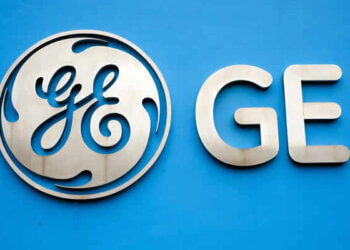The United States business sector experienced increased activity in July but rising import tariffs costs created worries about potential inflation acceleration. The flash PMI data from S&P Global shows private-sector output reached its highest level since December as services led the growth. The inflationary trends pose challenges to the Federal Reserve’s current policy direction.
The Composite PMI indicator increased to 54.6 points during July after reaching 52.9 in June which indicates positive growth. The services sector index reached 55.2 while manufacturing sector activity declined for the first time since December to 49.5.
The survey results showed that two-thirds of manufacturers together with 40% of service providers attributed their rising costs to the Trump administration’s imposed tariffs. The survey data showed significant increases in both input and output prices which supports the idea that trade policies contribute to rising prices across the economy.
The strong labor market combined with rising orders does not change the fact that businesses maintain a defensive outlook. The majority of businesses continue to fear reduced state funding alongside ongoing trade policy uncertainties.
Economists predict inflation will surpass the Fed’s 2% target in upcoming months which makes interest rate cuts less likely at the upcoming central bank meeting. The current benchmark rate stands at 4.25%-4.50%.










